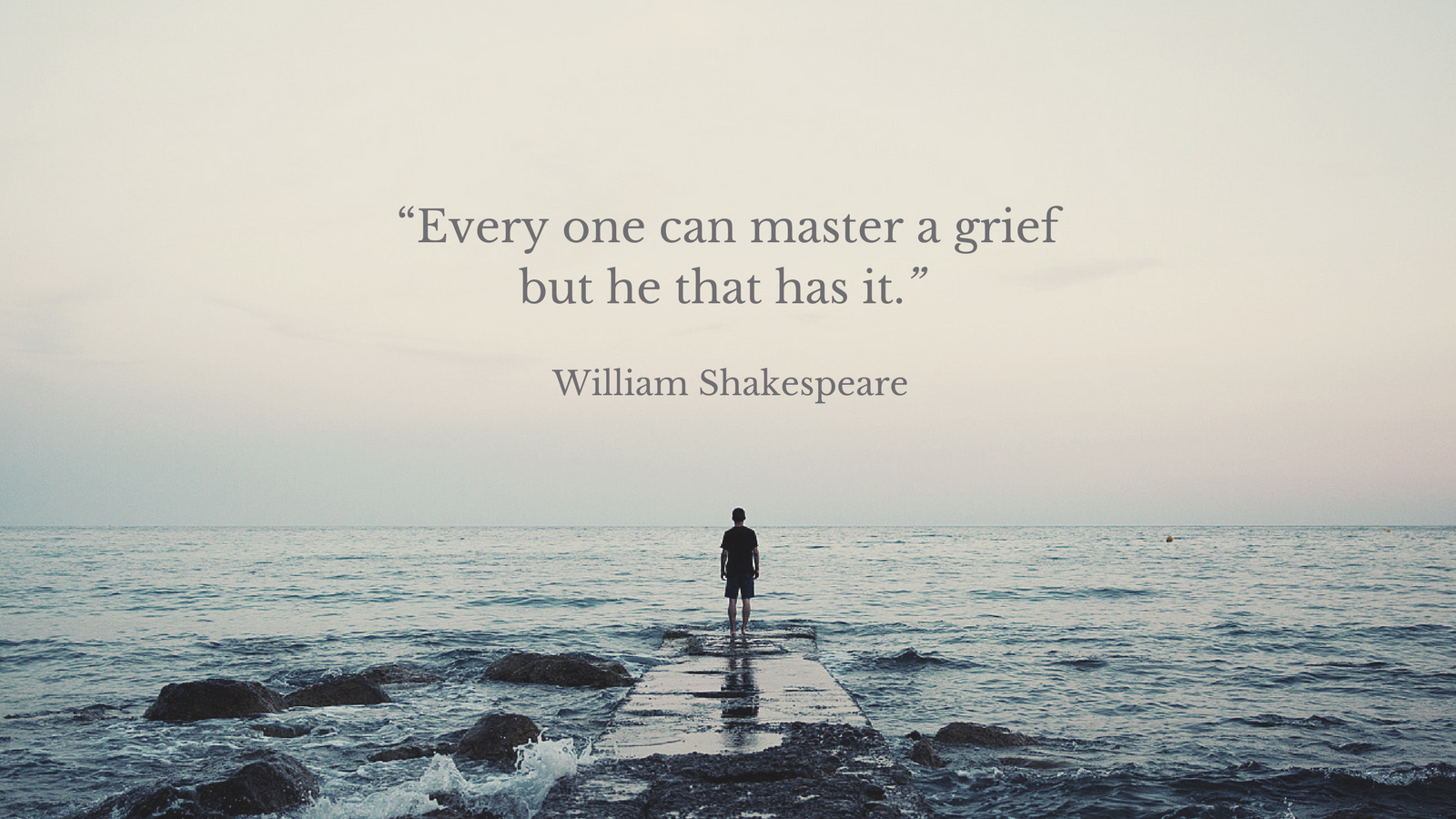
Social media is now deeply woven into our society’s fabric, and has become one of the primary ways we talk to each other and create our own identities. It’s no wonder that our grief and public mourning have become interwoven here, too.
I coordinate Threads of Life’s social media presence – on Facebook, Twitter, LinkedIn, and now … Instagram, too. I pay attention to how people talk about death, dying, grief and mourning – in relation to tragedies that are work-related, and those that aren’t. To how we talk about sudden, traumatic fatalities and deaths that follow prolonged illness and deteriorating health.
I use social media both personally and professionally. I’m also a sister who’s been grieving her dead brother since before Mark Zuckerberg first walked the halls of Harvard. I do sometimes share reflections, photos, or recount stories about my brother with friends and family on social media. The truth is that most of the people in my life today never met my brother – or, at least, didn’t know him well. Those who don’t know me well don’t necessarily see the crater left in my life by his death. Stories shared are the only way they’ll ever know him for the person that he was. He was and is so much more than the way he died.
In writing this post, I feel tangled in all of the intricacies of how we all use social media differently, and how this virtual extension of our real lives both soothes and abrades a grieving heart.
Someone once confided in me that she thought a mom talked about her dead son too often on Facebook. I was flustered in the moment and wanted to try to explain, but I just couldn’t find the words. So I’m trying now.
1. We’re sharing our shattered hearts, and there is nothing more vulnerable.
Social media is only a means to share thoughts, feelings, and experiences with the network of your choice (friends or the general public). If you’re thinking someone should keep their grief off of Facebook, what you’re really judging is whether someone should share their grief openly. Grieving is nothing to be ashamed of—it’s the normal response to loss. This pain has to go somewhere and attempting to bury it only causes more intense and prolonged suffering. While it seems to be universally understood that a serious work-related injury, illness, or death is – in fact – a tragedy, we live in a culture that is deeply judgmental of how we grieve. Shakespeare said “every one can master a grief but he that has it.” Remember that you aren’t an expert on how anyone else should grieve.
2. We post to share with and about the important people in our lives.
Death does not end a relationship, but it does change its form. They’re still our people and we still want to share them with you. This is one of the ways we do this.
3. We want and need your witness.
There are times when we just need to feel seen in our grief. To be heard when we have something to say. To know that the gaping hole in our lives is recognized – and felt – by others. When life clicks back to business-as-usual for the rest of the world, it’s a lonely place to stand in the wreckage of the life you once knew and loved.
4. To speak to what others are struggling to put to words.
If you’ve experienced great loss, you know how difficult it can be to put your experience to words. To share our experience with others serves as a marker on the trail: you are on the path. Here is my offering of some of the words I use to explain what’s unexplainable. If it helps, it’s yours to use, too.
What do you wish your friends, family, or the public at large understood about the online reflection of your grief?
I’d really love to hear your thoughts. Share them with me on Facebook, Twitter, LinkedIn, or Instagram!
- Leading from the back (of a Steps for Life T-shirt) - October 31, 2024
- Steps for Life: Volunteer Commitment in Action - September 19, 2024
- Strong corporate leadership lights the way for Steps for Life - November 9, 2023

 Find Support
Find Support Donate
Donate